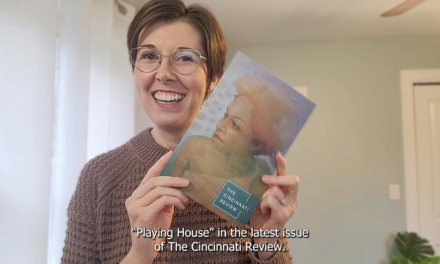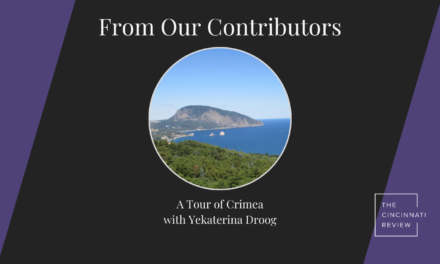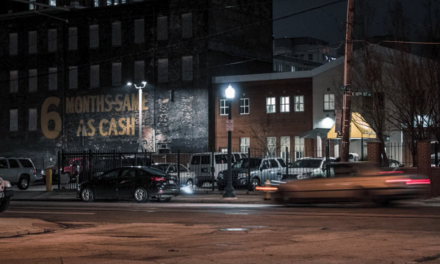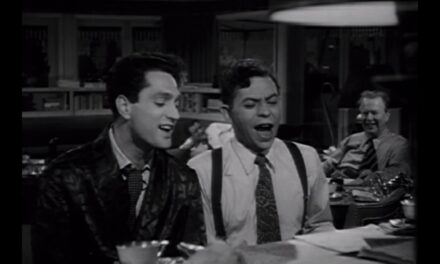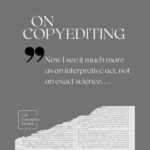Reality often doesn’t feel half as tangible as it should, particularly when—for whatever reason—the writing of poems has become an aspect of that reality. In a world of flashing, palm-sized screens and of experiences summed up in what were once bird calls, it’s easy to lose track of the importance and pleasure of utilizing (and exploring) all of our senses. Some of our contributors for issue 13.1 attribute the genesis of their poems to physical sensations: the “walkability” of New York; a trip of Pleasant Hill, Kentucky; and a filling breakfast, complete with crisp, vocal strips of bacon.
It’s old wisdom, but good: if you’re looking for poetry—or for Papa Walt—try under your boot-soles first.
Mark Belair: One of the beauties of New York City, for a poet, is its walkability. A stray moment here, another there—and a poem starts to coalesce. The writing of “Shadows” followed that form. The notable shadows of darkened windows, of leaves, of skyscrapers—all encountered separately, on separate summer days—came together when I sought the inviting shade of a garden willow tree. And when, calmed, I returned to the blistering sidewalk, it was the shade I myself cast that I suddenly—and only then—noticed as another contribution to the day’s inescapable variety and confusion. And this quiet poem came together.
Mary Kaiser: This poem began, like many poems in my current collection, with an overnight visit to the Shaker village at Pleasant Hill, Kentucky. Waking up at dawn in one of the old dwelling houses, I imagined a Shaker elder on a summer morning having an experience that could be a dream, a vision, or just the play of light coming through the big, east-facing windows. I love the way Clay Mettens’s complex, layered musical setting of my poem suggests these liminal possibilities while transforming the speaker’s sharp-angled, off-kilter lyricism into a heart-rending aria.
Cate Lycurgus: “Fertility Treatments, Toast” began as most my poems do—through I line I couldn’t shake. In this case, the line was a joke of sorts—a partner of mine used to say that something would “sizzle his bacon” when he really loved it, and vegetarian me always joked it was proof I really loved him, to fry him bacon. The initial line of this offer continued to surface through morning runs and work and sleepless hours until I realized it might be the start of a poem if I followed where the sound led.
I love the seamless slippage from one word or sound to another, and the connotations it creates. As the vowels and rhymes and homophones continued to morph, I realized the line between together and separate, between new life and new death, one cell taking hold or not, is fine; and comes down to more than desire. The conditional implies refusal, and yet the poem makes a sort of fractured hope, a playful one at that, of union. Of creating something as basic as the morning’s first nourishment—bacon, eggs, toast—and plus, what’s sexier than breakfast?



